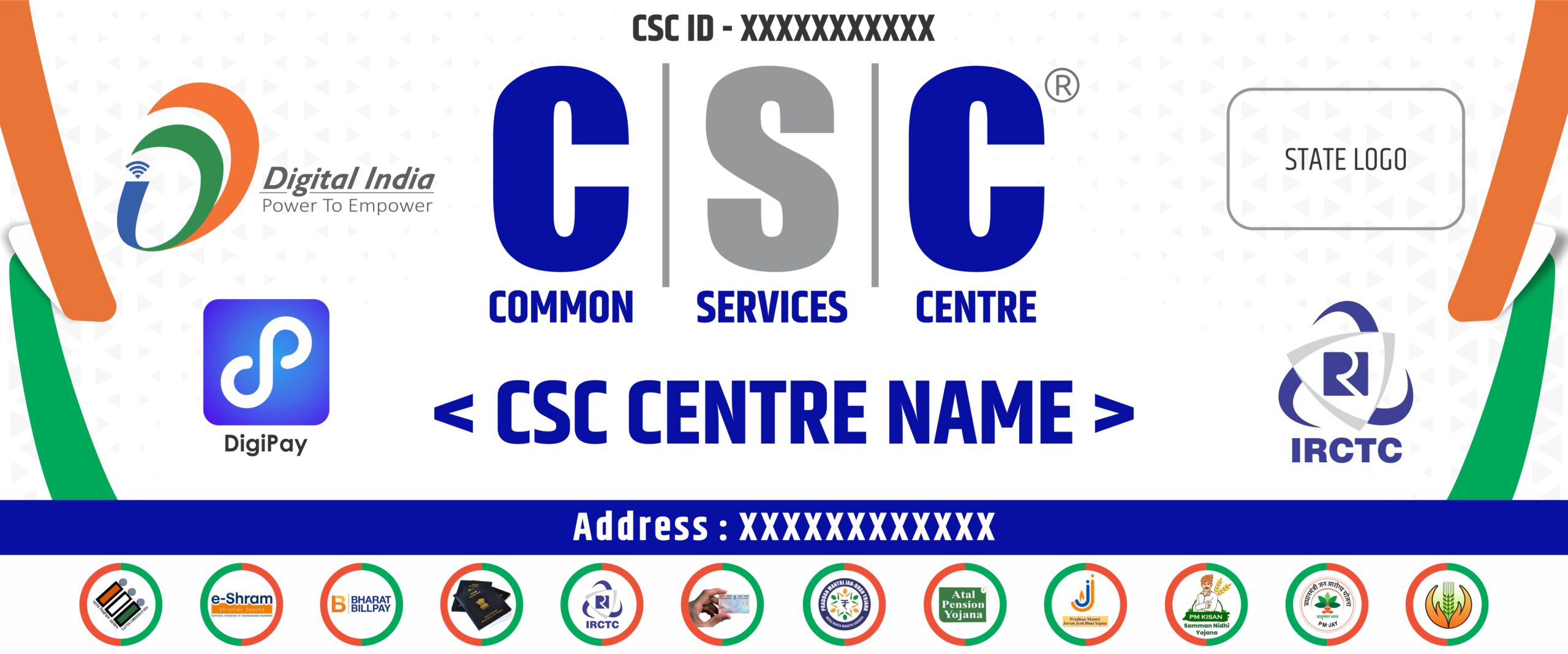
Department of Justice has partnered with NALSA and CSC e-Governance Service India Limited for mainstreaming legal aid to the marginalised communities through Common Services Center (CSC).
Tele-Law means the use of communications and information technology for the delivery of legal information and advice. This e-interaction between lawyers and people would be through the video-conferencing infrastructure available at the CSCs.
The concept of Tele-Law is to facilitate delivery of legal advice through a panel of lawyers stationed at the front office of Legal Services Authorities and CSC. The project initiates to connect citizens with panel lawyers through video conferencing/telephone facilities by the Village Level Entrepreneur identified in 2,50,000 gram panchayat.

Tele-Law service to be covered by 2,50,000 CSCs across 28 states and 8 UTs of India, through video conferencing / Telephone.
Preferably women para legal volunteers to be identified and empowered. They would be engaged in CSCs for enabling access to legal aid for rural citizens.
Tele-Law model will facilitate legal advice through expert panel of lawyers placed at CSCs and Legal Services Authorities.
Leveraging Tele-Law Services for Enhanced Legal Access
Introduction
In an era where digital solutions are transforming industries, legal services are no exception. Tele-Law, a revolutionary concept amalgamating telecommunications and law, has emerged as a beacon of accessibility and convenience in the legal realm. This article delves into the profound implications and benefits of Tele-Law services, elucidating how it revolutionizes legal access for individuals and businesses alike.
Understanding Tele-Law
Tele-Law, a portmanteau of “telecommunications” and “law,” refers to the provision of legal services through remote communication technologies. It encompasses a diverse array of services, including legal consultations, document preparation, and even court representation, facilitated via phone, video conferencing, or other virtual platforms.
Evolution and Adoption
The inception of Tele-Law can be traced back to the increasing digitization of society and the legal sector’s recognition of the need for more accessible and cost-effective solutions. With advancements in telecommunications technology and the widespread availability of high-speed internet, the adoption of Tele-Law has surged in recent years.

Advantages of Tele-Law Services
Accessibility
One of the most significant advantages of Tele-Law is its unparalleled accessibility. Geographical barriers are rendered obsolete, enabling individuals residing in remote or underserved areas to access legal expertise without the need for physical travel. Moreover, individuals with mobility limitations or disabilities find Tele-Law services particularly invaluable, as they can seek legal assistance from the comfort of their homes.
Cost-Efficiency
Traditional legal services often entail hefty fees associated with office visits, consultations, and administrative overheads. In contrast, Tele-Law offers a cost-effective alternative, as it eliminates the need for physical infrastructure and reduces overhead expenses. Clients can benefit from competitive pricing models and transparent fee structures, ensuring affordable access to legal counsel.
Convenience and Flexibility
Tele-Law transcends the constraints of conventional office hours, offering unparalleled convenience and flexibility to clients. Whether scheduling consultations during evenings, weekends, or holidays, individuals can avail legal services at their convenience. Furthermore, the elimination of commute times and waiting periods enhances efficiency and optimizes time management for both clients and legal professionals.
Confidentiality and Privacy
Privacy concerns are paramount in the legal domain, and Tele-Law prioritizes confidentiality through secure communication channels and data encryption protocols. Clients can rest assured that their sensitive information remains protected during consultations and document exchanges, bolstering trust and compliance with regulatory standards.
Applications of Tele-Law
Legal Consultations
Tele-Law facilitates remote consultations between clients and legal experts, enabling individuals to seek guidance on various legal matters, including family law, estate planning, business contracts, and more. Through video conferencing or telephonic discussions, clients can receive personalized advice and strategic insights tailored to their unique circumstances.
Document Preparation and Review
The preparation and review of legal documents often entail meticulous attention to detail and legal expertise. Tele-Law streamlines this process by enabling clients to collaborate with attorneys remotely, ensuring the accuracy and legality of contracts, agreements, and other legal instruments. From drafting employment contracts to reviewing lease agreements, Tele-Law simplifies document management and enhances compliance.
Court Representation
In instances requiring legal representation in court proceedings, Tele-Law empowers attorneys to advocate on behalf of clients without the need for physical presence. Through virtual court appearances and electronic filings, legal professionals can effectively represent their clients’ interests while minimizing logistical challenges and associated costs.
Conclusion
Tele-Law represents a paradigm shift in the delivery of legal services, democratizing access to justice and empowering individuals and businesses to navigate complex legal landscapes with confidence and convenience. By leveraging telecommunications technology, Tele-Law transcends geographical barriers, enhances cost-efficiency, and prioritizes confidentiality, thereby revolutionizing the legal industry.
Source: https://www.tele-law.in/overview-of-tele-law.html
Contain table:
Banking:
- Product Compliance | 006 | FY 23-24 | Initiation of Self-Attestation for Q3 F. Y. 2023-24 on New Product Compliance (PCOMP) Portal
- The Aadhaar Enabled Payment System (AePS) is a bank-led model
- AePS Live Members
- Documents Required for Opening a Current Account Online
Billionaires:
Common Service Centres:
- Common Service Centres
- Registration of CSCs
- DIGIPAY the smart, safe choice for business with easier payment gateway– in India
- Tele-Law means the use of communications and information technology for the delivery of legal information and advice
- Common Branding CSC
- Aadhaar Seva Kendra
- CSC Business Correspondents (BCs)
Education:
Indian Premier League:
- Indian Premier League 2024
- Indian Premier League 2024 Points Table
- GT Name Sandeep Warrier As Replacement For Mohd Shami
- Chennai Super Kings 2024
- RCB Squad IPL 2024
- Punjab Kings 2024
- IPL Live Score
GST & ITR and PAN Card:







